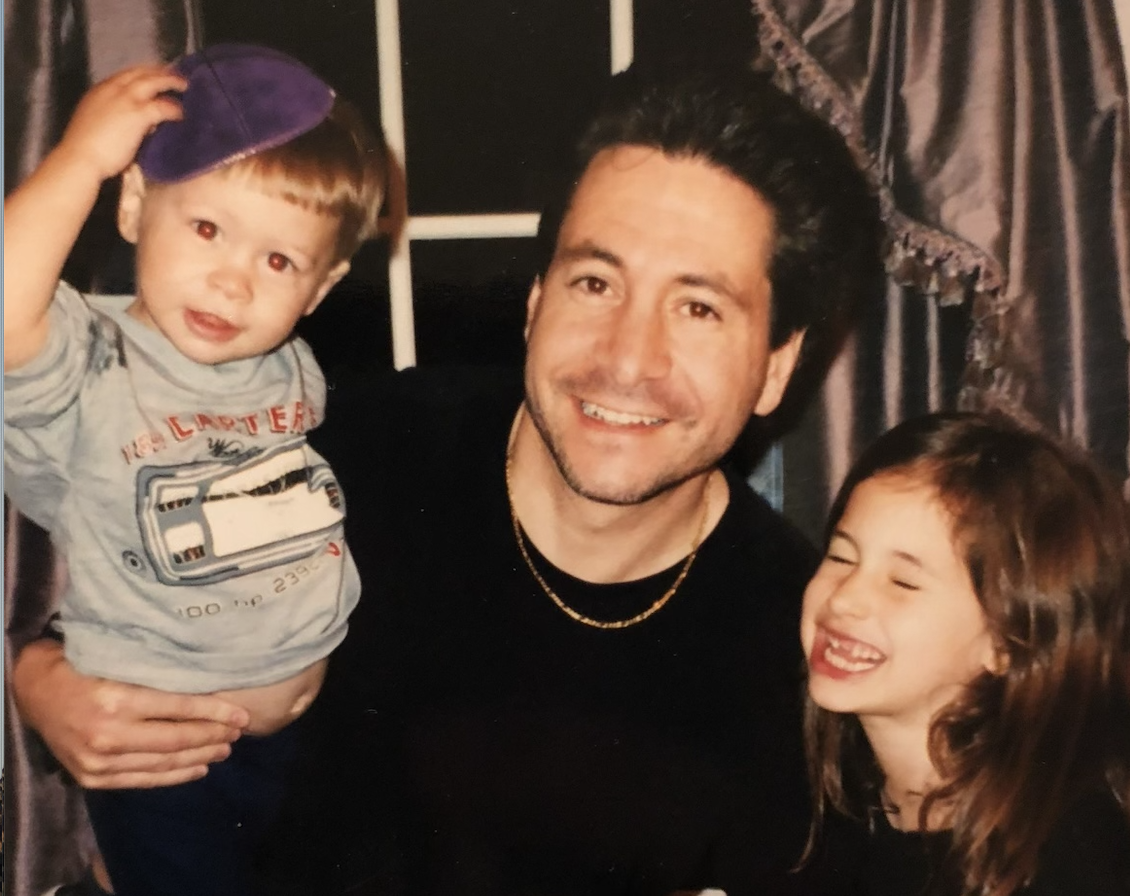

|
|
Thirty-two percent of Jewish students report experiencing antisemitic hate in the past year, according to a recent survey conducted by the Anti-Defamation League. This news saddened me, but didn’t surprise me. As a Jewish woman raised in the South, this only confirmed what I have witnessed.
I was 7 years old the first time I remember experiencing antisemitism. I was at gymnastics practice, and a teammate of mine asked me if I would show her my horns. I looked at her confused, and she persisted, claiming that someone told her all Jews had horns. I ran my hands through my hair and assured her our scalps were the same.
This was the first time I was othered, but it wasn’t the last. Antisemitism was present throughout my schooling and growing up in North Carolina, a place I love deeply but wasn’t always sure loved me. While I have the immense privilege of being able to hide my Jewishness, I shouldn’t have to. Nobody should.
Like any ism or any form of othering, antisemitism has clawed its way deep into the psyche and culture of our modern world. It’s hard to know where its roots begin and end. Antisemitism in particular is ancient, having transformed through history but never fully eradicated.
In just the last several years, we have seen:
- White supremacists march through a college campus in Charlottesville chanting “Jews will not replace us” in 2017.
- A shooting at a synagogue in Pittsburgh where 11 people were murdered in 2018.
- Another shooting at a synagogue in California in 2019.
- A Jewish man beaten at a protest in New York City in 2021.
Violent antisemitism is easy to identify. Verbal discrimination towards Jews is also easy to identify. It’s clear cut.
What’s harder to identify, and what is growing specifically this year it seems, is antisemitism as a result of anti-Israel rhetoric. This is a challenging space for people on all sides.
After the recent war between Israel and Hamas in May 2021, activists took to social media and to the streets to proclaim their views. What was already an intensely complicated and emotional issue for many people became even more heightened due to the oversimplified information and inflammatory rhetoric circulating online. This doesn’t mean Israel can’t be criticized. However, there is a difference between criticism and calling for both an ideological and physical end to the country of Israel.
Inflammatory rhetoric has real life implications. Implications that range from a friend of mine, who is a Jewish Israeli American, hiding her true identity on her college campus in New York City in order to feel safe to a Jewish man beaten up outside of a diner in Los Angeles earlier this year just because he was Jewish.
It can be incredibly tempting to oversimplify anything, especially a generation-long conflict fraught with violence and overwhelming trauma. But oversimplification can also be dehumanizing when it creates an us versus them binary, or tribal mentality, something that humans have done since the beginning of time. Our tribal nature can work for us only when it is inclusive of all people, even the people with whom we disagree.
Antisemitism is alive and morphing. Our hope of reducing its prevalence and eventually eradicating it lies with our ability to be able to deeply listen to each other.
With any ism, we must listen to the people living it.
We must listen to students now.
And we must listen to the people who shoulder the generational trauma of the pogroms, which are organized massacres of any ethnic group, of Russia and Eastern Europe, and the Holocaust.
Listening to each other’s stories helps us refrain individually and collectively from the danger of oversimplification and false binaries. We must be able to sit in the messiness of not knowing, the messiness of doing our best even when we don’t know how, the messiness being human.



